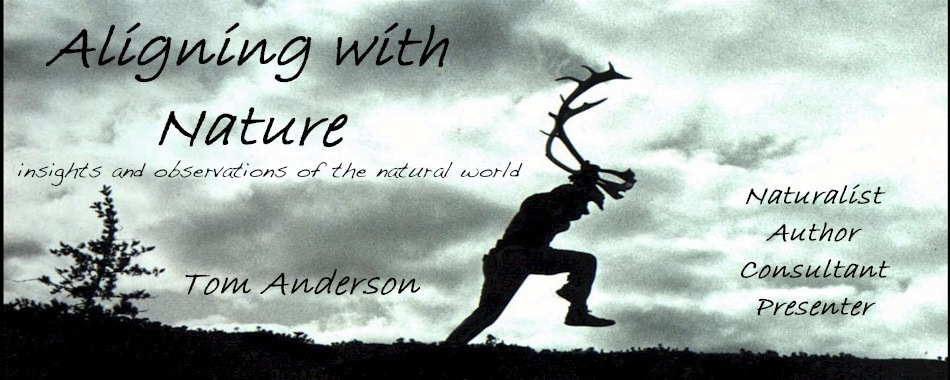Windbound

“No man knows the ways of the wind and the caribou.”
Chipewayan proverb
Sixty miles into a planned 180-mile canoe trip in northern Saskatchewan, the world told us to stop.
So we stopped. And for three days a tireless headwind buffeted the boreal waters of Reindeer Lake making any paddling progress nearly impossible and dangerous.
The thousands of islands, bays and coves on this frigid giant lake, Canada’s ninth largest, could not offer respite from wide-open crossings. This is a lake more than 100 times larger than Mille Lacs Lake in Minnesota.
During the first two days my three buddies and I found our paddling muscles with a south wind nudging us north. Life was good. Of course life was good; we are privileged to have the opportunity, the means, the time and the resources to make annual forays into wilderness areas.
Luckily, the day before the wind showed up we had found our best campsite of the trip. It was a sunny, somewhat open site and even though it was midday, we decided to stop early to relish some time off from paddling. We aired out sleeping bags in the sun and dug shorts out of our packs to enjoy this perfect summer day. The sunset that put us to bed that night had been stunning on a lake so still that the sky and water seemed to merge.
While we slept a wind began to whisper. By morning it had grown into an unadulterated blow.
We donned stocking caps and long johns and gathered around the coffee pot. We were going nowhere on this day. Even the offshore gulls were absent. They usually followed us like groupies with hopes of snagging the remains of fish that we filleted.
A tickling of raindrops urged us to put up the large tarp and we gathered there to wait for the wind to die. In minutes the lake surface erupted as the slow moving rain front deluged us. We read, sipped coffee and napped.
While it is easy to get frustrated with the anchoring wind, I realized that a lake frothing with whitecaps is a gift. It’s very elemental to be still in a remote and wild place. Here I am humbled, a Paleolithic participant in humans’ first religion of worshipping the natural world. Yet I am simultaneously a 21st century civilized man of culture and arts. The wilderness gives me a needed dose of balance.
The second day broke and while the rain had stopped, the wind had not tired. Now we absolutely knew that we had to be smart about continuing with our planned route. If the winds were bad here we could only imagine how wild they must be on the bigger water that was ahead of us. With water temps in the low 50s any swamping out in the lake would be life threatening. So we shifted gears and created a safer and easier plan that would still offer new country to explore.
Day three came and we were still held hostage by the wind. I fattened my journal entries with more paragraphs. Doug finished his book and traded it for mine. I collected some flowers for my plant press and got down close and personal to peer into the colorful world of lichens. Kurt simply stared faraway while inhaling full breaths of the unfettered wind carrying essences of pure boreal nectar. I foraged near camp for the new growth of light green spruce tips. Duane fired up the stove and steeped them in hot water for a fresh tea that had hints of citrus and was rich in vitamin C. We had abundant time for tea and storytelling.


I told the guys about a 1986 high arctic canoe trip on Victoria Island in the Canadian Archipelago. Located just north of North America, there are no trees growing there and in summer, no darkness. Much of the vast wild land is covered in frost-shattered shards of limestone with only patches of stoic greenery.
I recalled a long, rugged day that ended with us unloading the canoes and hauling our gear up a rocky slope to make camp. Carl, a tall, big man was worn out. He dropped his bulging pack to the ground. He looked around, raised his arms and smiled a weary grin before he made a pronouncement: “Here we are, learned men, men of culture. Rising at dawn. Paddling miles through a barren landscape. Running dangerous rapids in ice cold water and nearly being swept over a falls. Only to arrive here, to sleep on rocks!” Now over thirty years later, the story still gets a chuckle.
We shared more stories. We spoke of aging and gratitude. Being windbound had us being more introspective and we more easily settled into ourselves.
On the fourth day we rose early and the gale had broken. It was time to go. We dismantled our familiar camp, had a quick cold breakfast of granola and pushed off to continue the dance with wind and water.

